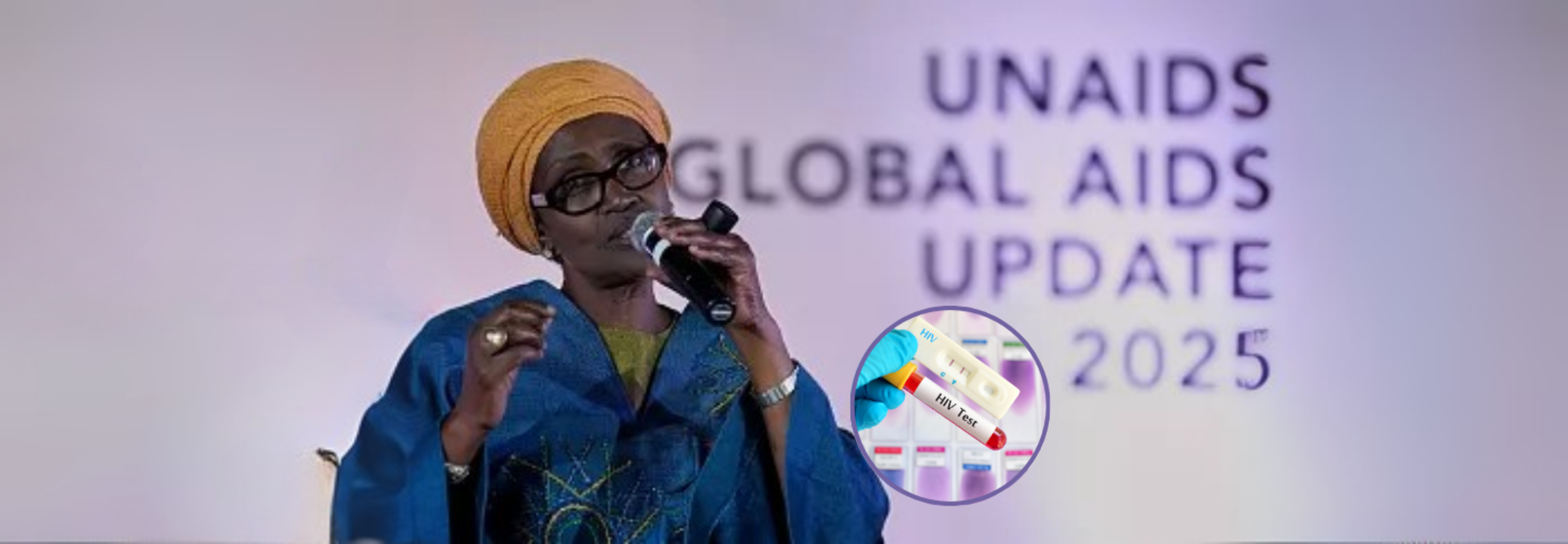UN Warns Millions Could Die By 2029 If US Cuts HIV Funding

Credits: AP
SummaryU.S. HIV funding cuts risk reversing decades of progress, potentially causing over 4 million AIDS-related deaths and 6 million new infections by 2029, destabilizing global HIV prevention and treatment efforts.
End of Article
